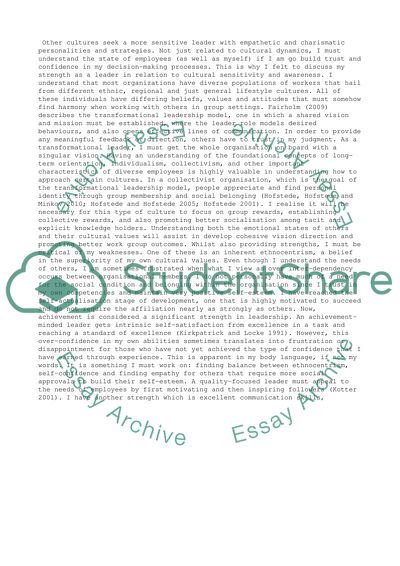Principles and Practices of Leadership and Management Essay. Retrieved from https://studentshare.org/management/1470066-principles-and-practices-of-leadership-and
Principles and Practices of Leadership and Management Essay. https://studentshare.org/management/1470066-principles-and-practices-of-leadership-and.


